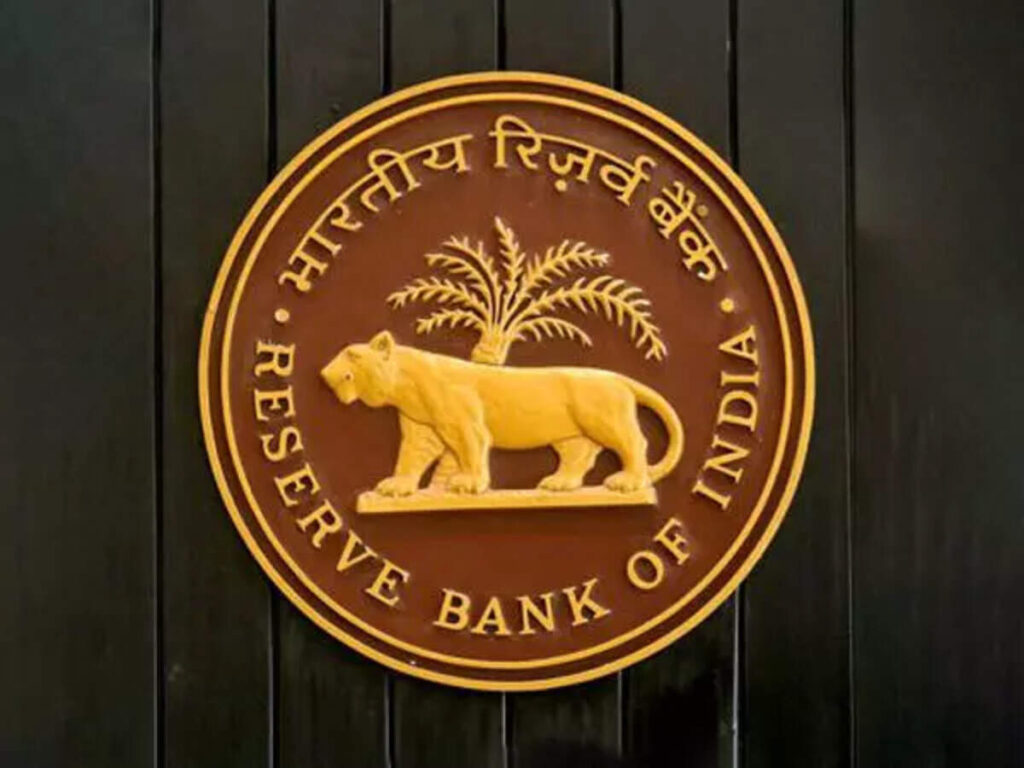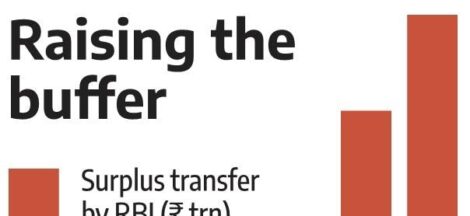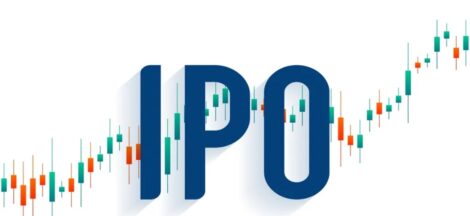MUMBAI: A working group of the Reserve Bank of India (RBI), set up to review trading and settlement timings, has recommended extended trading hours for the call money market. This move will provide flexibility to banks for managing their balance sheets, while suggesting to retain the current trading hours for the government security and the foreign exchange markets.
The working group, chaired by Radha Shyam Ratho, executive director, RBI, was tasked with reviewing existing market timings, identifying operational challenges, examining global practices, and recommending the way forward.
The group recommended that the trading hours of the call money market be extended till 7 pm, while the trading hours for market repo and TREP (Tri-Party Repo) be synchronised and extended till 4 pm. It also recommended unifying the TREP trading hours for members settling obligations through Designated Settlement Banks (DSBs) and the RBI.
Additionally, the group recommended preponing the timing of the pre-announced LAF (Liquidity Adjustment Facility) auction to 9.30 am-10 am, from the current 10 am-10.30 am slot.
“The extension in timing will offer them much flexibility in terms of their balance sheet management, because many a time what happens, if call money closes at 5 O’clock, there are lots of transactions which are not yet settled and, therefore, banks are unable to decide what to do with their overnight funds. So, it will offer them flexibility,” said a market participant.
With regard to market hours for the government securities market, the group recommended continuing with the existing timings. However, it suggested that post-onshore market hours, transactions in government securities with non-residents could be permitted during the time window between 5 pm and 11.30 pm. Such transactions, if permitted, should be reported to NDS-OM on a T+1 basis before onshore market hours, and settled on a T+2 basis.
“The working group has taken these suggestions from the market and has made these recommendations. The market was looking for more flexibility,” said a dealer at a primary dealership.
The group has not recommended any changes in the trading hours for interest rate derivatives and foreign exchange markets.
Between 2014-15 and 2024-25, the annual turnover in the overnight money market increased from ₹281.37 trillion to ₹1,324.05 trillion, while the daily average turnover rose from ₹1.17 trillion to ₹5.52 trillion. This growth was largely driven by the expansion of the collateralised segment, where annual turnover rose from ₹245.27 trillion to ₹1,296.62 trillion, even as turnover in the call money market declined from ₹36.10 trillion to ₹27.42 trillion.
The TREP segment currently accounts for the largest share in the overnight money market, with 69 per cent of daily average volume, followed by market repo at 29 per cent. The share of call money has gradually declined from 13 per cent in 2014-15 to about 2 per cent in recent years.
The group reviewed the existing trading and settlement timings of various markets regulated by the RBI in light of developments in the financial markets over the past decade. It took into account various market timings-related considerations as well as feedback gathered through interactions with different market participants. The objective was to assess whether current timings continue to support market efficiency and to recommend changes that could further enhance operational effectiveness.
Feedback on the report has been invited from stakeholders and members of the public by May 30, via email.
Source: Business Standard




 India’s Creator Economy To Influence Over $1 Trillion In Spend By 2030: BCG
India’s Creator Economy To Influence Over $1 Trillion In Spend By 2030: BCG 